Making a Difference: CAHS Clubs Working to Better the Community
There are a lot of intriguing clubs this year at CAHS. From COVID-inspired clubs to interest-based clubs, there is something for everyone. Among the many clubs offered, there are quite a few that are looking to make a difference within the school’s community.
Students Against Trafficking
Students Against Trafficking is one of the new clubs available to students this year. The club is run by sophomore Sydney Chapman, and it focuses on educating people about the dangers of human trafficking. “I think [the club] will benefit [students] because they can know more about human trafficking and how often it really is occurring and preventative measures,” Chapman said.
With screen time increasing due to COVID, the risk of being trafficked is higher than normal. “With everything online, I’ve been hearing about it more and more and I’ve realized it’s a [much] bigger issue right now because there [are] a lot more ways for people to get in contact with people they don’t even know,” she said.
Students Against Trafficking hopes to get out as much awareness as possible in order to help students recognize the signs. “Just in April this year, there were three million known [cases] of human trafficking,” Chapman said. “It can happen with people you know and people you don’t, so it’s important to get as much awareness out as we can.”
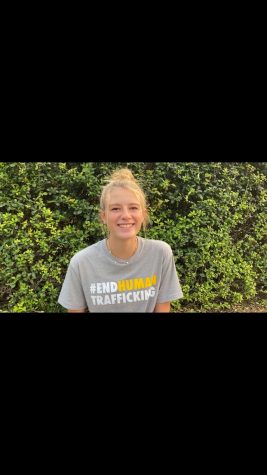
Gay-Straight Alliance (GSA)
Gay-Straight Alliance is a club that has been at the school for quite some time, and it’s currently being led by sophomore River Todd. GSA hopes to provide safety to a group of people who often feel marginalized. “[GSA] is basically like a safe space for LGBTQ students at Classical, but it’s also a place where straight people can come and learn more about the community,” Todd said. “We can all just come together, hang out and share experiences.”
This is Todd’s first year as president of GSA and second year in the club, which she has been able to meet people with similar interests through. “I joined GSA last year and I really just wanted to meet more LGBTQ people at this school,” she said. “I went to every meeting and I’ve made a lot of friends there and it’s been a really great experience.”
As for the club itself, the members are able to share experiences or talk about important issues facing the group. “Sometimes we just hang out, talk and share stories, other times we’ll talk about actual issues like gender identity and sexuality,” Todd said. “It just depends on the mood and what kind of people are there that day.”
Despite homophobic and transphobic experiences within the school, GSA is working to provide a safe space free of hatred. “There’s a lot of hate and homophobia among the students here and I think it’s honestly not OK,” Todd said. “I think we need to accept and love each other and that [hatred] should just not be allowed at all. I’ve experienced it myself, I’ve seen other students act that way and it’s just not [the way] I want the school to be.”
Todd hopes that GSA will promote acceptance within the community and she encourages people who would like to know more about the group to attend the meetings. “I think GSA will promote a lot of tolerance and love, and people who don’t really know a lot about the community can come and really learn more about it and really reflect on themselves,” Todd said.
Environmental Club
The Environmental Club was founded last year by junior Gabriella McField. It focuses on educating students about environmental issues facing the community and then helping them use a hands-on approach in order to make a difference. This year, the club has more members, so they’ve decided to become more project-based and divide these projects up amongst the members. “There’s a group of people who will be working on events, and they’ll just be doing things like beach cleanups and then there’s another team and [right now] they’re working on setting up a compost program for the school when it opens back up,” McField said. “Lastly, there’s a program which I’m the captain of right now, which is the Green Schools Campaign, and that is an international campaign to transform school districts and individual schools to renewable energy.”
With this new project-based approach, members are able to discuss what changes they want the club to work towards. “We’ll kind of have a brainstorm meeting where everyone just throws a bunch of things onto the table, and then we’ll vote and see which three or two projects have the most interest and then we’ll just break up into rooms,” she said.
The projects that the club is choosing to focus on are important to McField, and she is hoping to stress just how much climate change affects the environmental issues we are dealing with today. “For the issues that we choose, they’re important to address because climate change is a really big issue,” she said. “A lot of scientists are ringing alarm bells, and we know it’s something we need to address. But a lot of people, either don’t believe in climate change or they just aren’t aware of the problems behind it.” McField continued, “These issues have to do with climate change like, food waste in landfills releases a lot of greenhouse gases and then schools on their own that are using fossil fuels for energy release a ton of greenhouses gases, and so it’s important because it all has to do with reducing emissions, which helps mitigate the impacts of climate change.”
The Environmental Club is not only a great way to get involved in the community and make a difference, but also a fun club to be a part of regardless of your interests. “We have really good vibes, everyone is super laid back and chill and it’s really involved and really casual,” McField said. “There [are] a ton of opportunities no matter your level of involvement or your level of interest in environmentalism, which I think is great. So we’re pretty chill [and] we’re really flexible.”
Ataraxia
Ataraxia is another one of the new clubs this year, and it is run by sophomore Melody Reyes. The group is devoted to helping students with their mental health, which helps many of the students struggling in quarantine right now. “[Ataraxia] is a mental health awareness club, and we just discuss different mental health topics,” Reyes said. “I’m really big on statistics, and the statistics of depression, loneliness and anxiety were really increasing [because of quarantine]. So I just thought [this club] was necessary [for] our school. There [were] mental health clubs in the past, but right now [is the] most important time to have one.”
The counseling department had previously done things to try and advocate for mental health, but they have upped their game since quarantine began, now posting weekly updates addressing certain mental health issues. “I definitely think [the school] should be talking [more] about [mental health], but I do think that [they have] stepped up a lot recently,” she said.
In the meetings, Reyes asks about mental health topics from club members in order to research and discuss them. “I’ve been taking suggestions anonymously on mental health topics from our members, and I’ll present about that topic and talk about [it in detail],” she said. “The last meeting we talked about loneliness, so I talked about statistics of how many teens felt lonely in quarantine, then I talked about coping mechanisms and what happens in the brain.”
Reyes hopes to use Ataraxia to educate people on the importance of mental health and to encourage people to seek support when needed. “I think [Ataraxia is] already making a difference just by talking about [mental health] more and spreading more awareness, but I hope overall the difference that it makes is to really break down the stigma of mental health and for it to be taken more seriously,” she said. “I think it’s hard for people to deal with [mental health] on their own, and that’s a really important part, to just know that they aren’t alone and [they] can seek help.”
As for the name Ataraxia, it actually has a lot to do with what the club hopes to achieve. “Ataraxia, the actual definition of it, means a state of freedom from mental disturbance and anxiety, and it just means tranquility of the mind and peacefulness,” Reyes said. “And we all want peace of mind, right? It’s hard to achieve that sometimes, so I named the club this just to know that [the] option of peace of mind, it’s always there. Even though it seems impossible sometimes, it’s always there and we can always achieve it.”
These clubs all hope to make positive change within the CAHS community. Whether that be through educating students about important issues, creating a safe space for a group of students, saving the environment or helping students with their mental health, they’re all working to build a more safe, supportive and environmentally-friendly future for the student body.


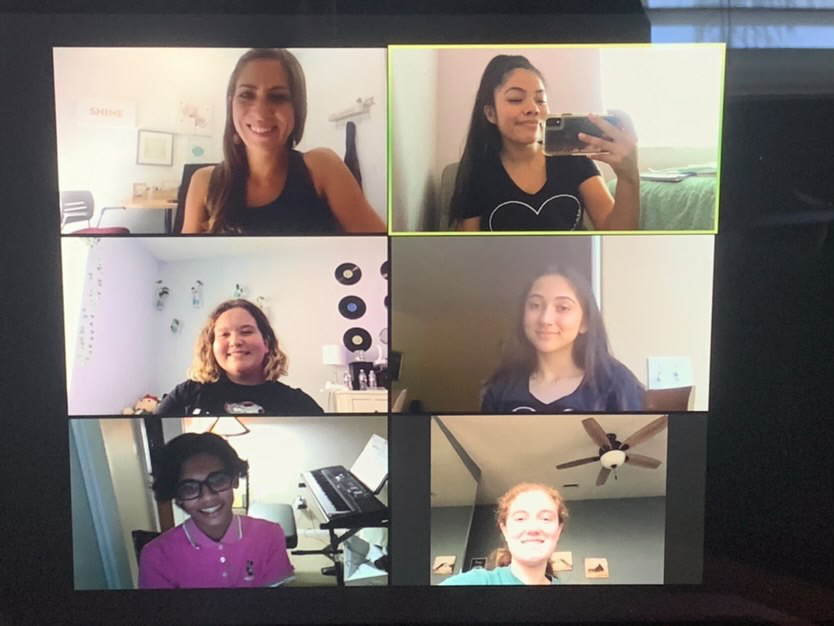
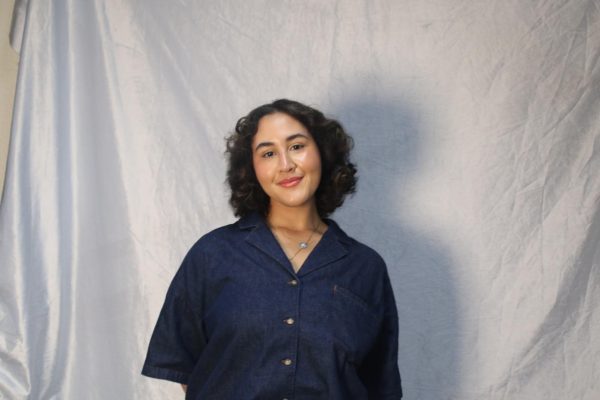
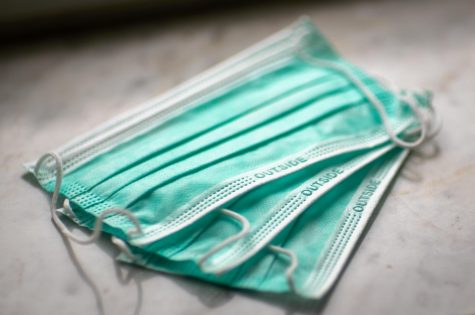
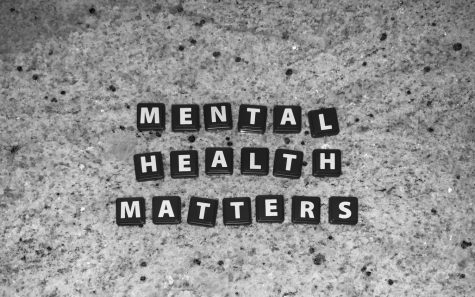
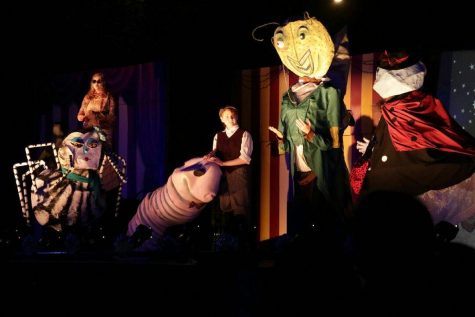
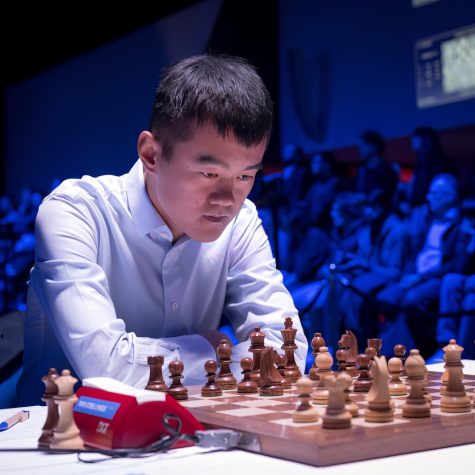

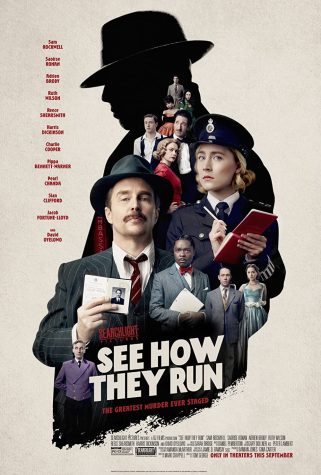
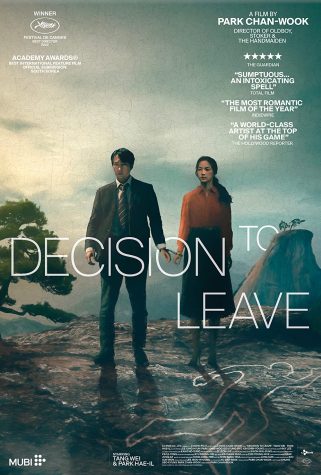

Dana Moen • Nov 29, 2020 at 5:40 pm
Thank you for this very encouraging article! I am so incredibly proud of the students at CAHS and that they not only identify problems on our campus or in our world but that they play an active and meaningful role in creating solutions. Leadership is influence and I am so thankful that these clubs are influencing others to create a more unified culture where ALL CAHS students are Loved and where they can Belong.
Veronica Navarrette • Nov 17, 2020 at 11:42 am
What a great school this is! The clubs have so much to offer to students and they provide an opportunity to build a strong community!
Great article!
Veronica